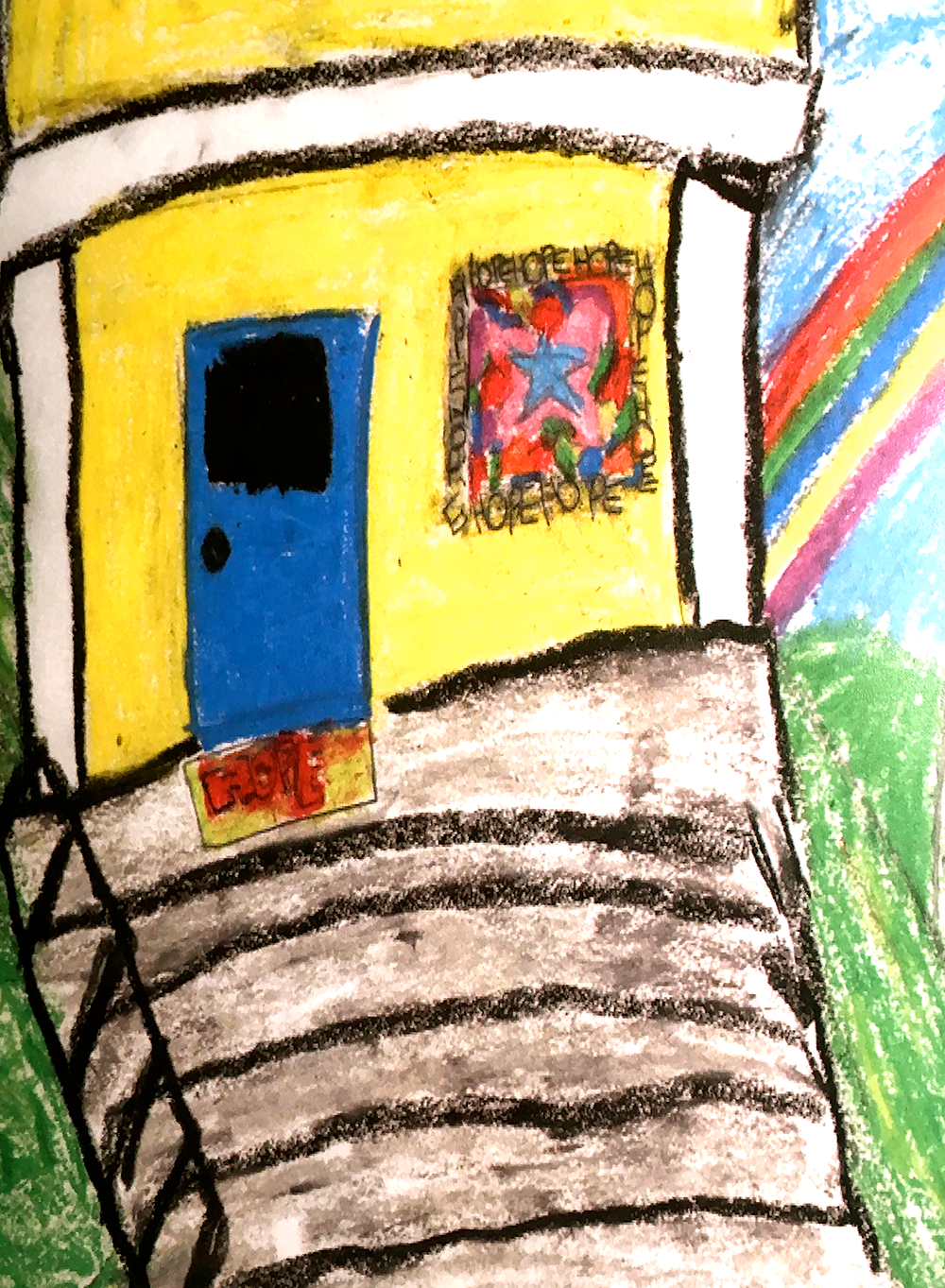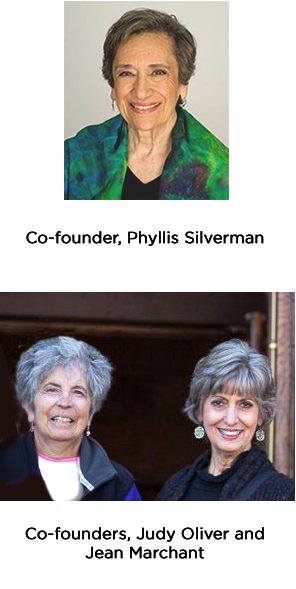Values
Communication. Connection. Empowerment. Honesty. Intention. Respect.
The Children’s Room’s work is based on a foundation of these strong values guiding our work, communication, and family connection.
Mission
The Children’s Room creates safe, supportive communities, so that no child, teen, or family has to grieve alone.
Vision
The Children’s Room was founded on the belief that every child, teen, and family grieving a death deserves a safe, supportive, and understanding environment.
We seek to broaden our impact by expanding our support services and educational outreach and deepening our community collaborations.
We aspire to be a leader in the field of grief support and a catalyst in transforming society’s understanding of grief.
We envision a world where understanding and patience allow loss to be integrated into our lives and lead to greater compassion, hope, and growth.

History

The Children’s Room was founded by an impassioned group of caregivers who, in 1993, received training from the renowned Oregon-based Dougy Center for Grieving Children. The name “The Children’s Room” was chosen not only because services began in a single room at Hospice West in Waltham, Massachusetts, but also because the founders envisioned creating a dedicated space where children and teens could grieve—a space that, at the time, did not exist.
By 1995, work began on making The Children’s Room a nonprofit organization, and in April 1996 The Children’s Room became an independent 501(c)(3). In 1999 the organization moved to church basement with eight experienced volunteers serving seven families. Within just one year, the number of people served quadrupled. In the fall of 2004, The Children’s Room established a permanent center in an inviting Victorian home in Arlington, Massachusetts, which was renovated in 2013 to expand space for our programs.
Co-founder of The Children’s Room, Phyllis Silverman, was the co-principal investigator and project director of the Harvard Medical School/MGH Child Bereavement Study, which looked at children grieving the death of a parent within their social and family systems. Phyllis Silverman’s work contributed significantly to the underpinning philosophy of The Children’s Room bereavement model in understanding and assisting grieving children, teens, and adults by developing the concept of “continuing bonds.” She, along with co-founders Jean Marchant and Judy Oliver, remained close advisors to the organization.
Today, The Children’s Room serves more than 4,000 people annually through a variety of programming, with revenues increasing from $30,000 in 1993 to $1.9 million in 2025. It is now the leading independent nonprofit child bereavement center in Massachusetts, meeting critical needs in communities throughout eastern Massachusetts.
“Bereavement is not a simple reaction to a single event. It is also a social event, an economic event, a spiritual event, and an event with a history and a future. I asked myself who is lost when someone dies. It is more than simply a life that is lost. We also lose a relationship, the self we were in that relationship and a way of life in which the deceased play a role. These are the qualities of life, aspects of what we experience; these are not symptoms of an illness.”



